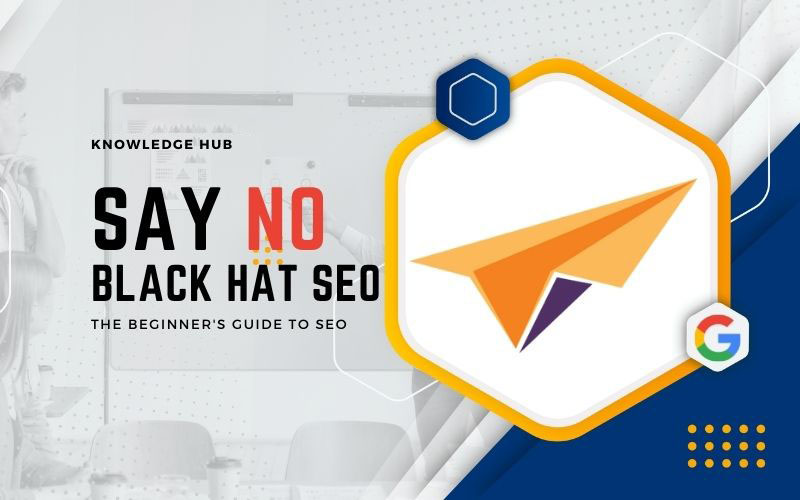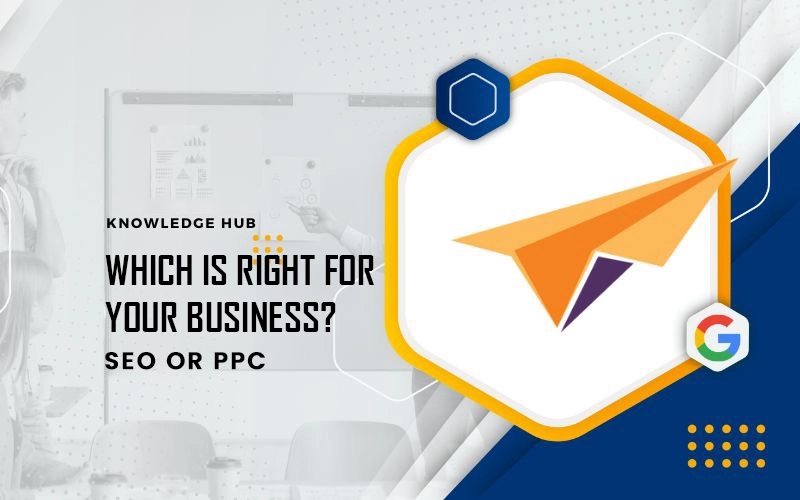Black Hat SEO
By SSMD Pte Ltd, | Posted on March 26, 2022
Search engine optimization methods are against Google’s quality standards.

What is Black Hat SEO and What Does It Mean? A Definition
Black hat SEO refers to a set of practices that are used to increase a site or page’s rank in search engines through means that violate the search engine’s terms of service. The term “black hat” originated in Western movies to distinguish the “bad guys” from the “good guys,” who wore white hats (see white hat SEO). Recently, it’s been used more commonly to describe computer hackers, virus creators, and those who perform unethical actions with computers.
It’s critical to note that employing Black Hat SEO tactics and strategies might result in your site being banned from search engines, removing you as the number one traffic referral source on the Internet. All SEOs must have a thorough understanding of Black Hat SEO.
Why Should You Care for Black Hat SEO?
These behaviors are against the terms of service of Google and Bing, and they might lead to the site being banned from both search engines and affiliate sites. On Google’s Webmaster Guidelines, Black Hat SEO tactics and strategies have been openly condemned.
“Is the work I’m doing adding value to the user or am I just doing it for search engines to see?” This is an important question because it determines whether or not an SEO technique would violate a search engine’s webmaster guidelines. If no value is added to the user but rankings are likely to improve, your decisions are very likely to be black hat. The same test may be used to determine whether paid search activities are considered black hat PPC.
Tactics Considered to be Black Hat SEO are recognized.
The following SEO strategies are considered black hat and should not be used at all unless you want to stay on the right side of Google and other search engines:
- Content Automation – There are several ways to automate the process of creating content for your website, including using software that can generate articles based on keywords or topic research. While this may be helpful in terms of getting content onto your site quickly, it can also look spammy to search engines and may result in penalties.
- Doorway Pages – Creating pages designed specifically to rank high in search engine results for a specific keyword or phrase, but that is not useful to visitors. Doorway pages are often filled with keywords and links but offer little or no real information about the topic. They are created solely to improve SEO and are often hidden from view or difficult to find.
- Keyword Stuffing – Overloading a web page with too many keywords in an attempt to rank higher for those keywords. This results in a poor user experience and can get your site penalized by search engines.
- Reporting a Competitor (or Negative SEO) – falsely reporting another website to search engines in an attempt to get them penalized. This is unethical and can result in penalties for both the website that is reported and the one doing the reporting.
- Sneaky Redirects – Redirect visitors from one website to another without their knowledge or consent. This can be done using 301 redirects, JavaScript, or other methods and is often used to funnel traffic to affiliate sites or to control the way users interact with a website.
- Cloaking – Showing different content to search engines than is shown to visitors. This can be done by hiding text or links, displaying different content depending on the user’s location, or using other methods. It is often used to try and get around bans by search engines or to present false information about a website.
- Link Schemes – Creating artificial links from one site to another to improve SEO . This can be done by exchanging links, creating link directories, or participating in link schemes. Often, these links are of low quality and provide little value to users.
- Guest Posting Networks – A group of websites that accept guest posts from anyone who pays a fee. These posts are often of low quality and are not well-vetted by the network, which can result in them being penalized by search engines.
- Link Manipulation (including buying links) – Creating or acquiring links from other websites in an attempt to improve SEO. This includes paying for links, exchanging links, or using other methods to artificially increase the number of links pointing to a website.
- Article Spinning – Taking an existing article and changing it slightly to create a new article. This is often done using software that automatically replaces certain words with synonyms. The resulting article is usually of low quality and provides little value to users.
- 301 Redirects – A method of redirecting visitors from one website to another. A 301 redirect is a permanent redirect, which means that the visitor will be taken to the new website every time they try to access the old one. This can be used to funnel traffic to affiliate sites or to control the way users interact with a website.
- JavaScript Redirects – A type of redirect that uses JavaScript code to automatically take visitors to a different website. This type of redirect can be used to hide content from users or to direct them to affiliate sites without their knowledge or consent.
- Domain Spamming – Registering a large number of domains with similar names or keywords in an attempt to improve SEO. This results in a large number of low-quality websites that are often difficult for users to find.
Reporting Black Hat SEO: What to Do Next
There are two reasons you might use black hat SEO. Your website has been attacked with a malicious hack, virus, or negative SEO campaign of spammy links, or you’ve noticed spammy web results for a competitive keyword on which yours is ranking. You may submit a webspam report through Google Webmaster Tools for the former situation. Please exercise caution when using this tool. The SPAM acronym does not stand for “search positions above mine!” Falsely reporting webspam is considered black hat SEO.
Request for a malware analysis if your site has been hacked by a malicious hack, virus, or malware.
If your website is the target of a malicious SEO campaign, use Google Webmaster Tools’ Disavow Links Tool after attempting to contact webmasters who are pointing spammy links to your website for them to be removed.
Why Shouldn’t You Use Black Hat SEO?
Google and other search engines might ban your website after detecting Black Hat SEO methods.
Google penalties are getting more sophisticated, and if you’re not careful, they can have a significant impact on your rankings and traffic. With hundreds of millions of people searching Google every day, do you want to be de-indexed?
Connect SSMD Pte Ltd,, a full-service SEO Company in USA , if you need Negative SEO assistance . Contact us now to discover how we may help you develop your online business.

 By SSMD Pte Ltd,
By SSMD Pte Ltd,

